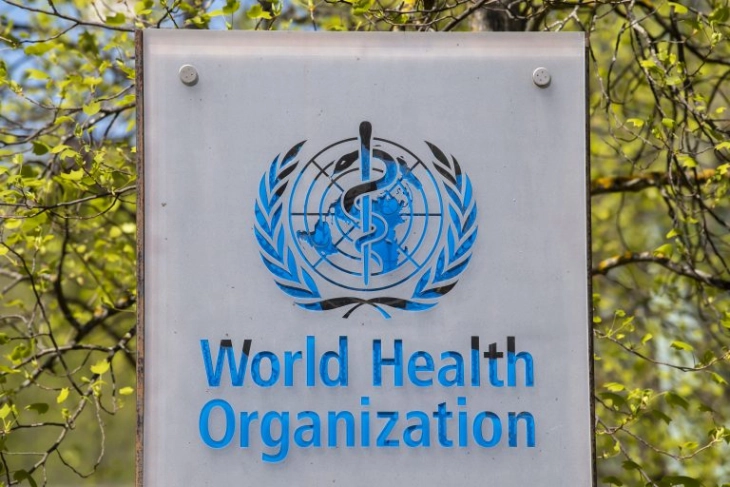World seeks to hammer out global pandemic strategy at WHO meeting

Geneva, 29 November 2021 (dpa/MIA) - The World Health Organization backed international efforts to forge a treaty setting out global responses to pandemics on Monday, as member states began a three-day conference.
WHO chief Tedros Adhanom Ghebreyesus said the fair distribution of vaccines must be a central part of any such agreement.
"Vaccine equity is not charity, it's in every country's best interest," Tedros said in his opening remarks.
A legally binding treaty would in his view provide the best foundation for jointly combatting future pandemics, despite whatever compromises had to be made to make such an agreement happen.
"Now is the time for all countries to make their choice to invest in a healthier, safer and fairer future," he said.
Tedros lamented that so far 80 per cent of vaccine doses had been sent to the world's 20 wealthiest nations.
In a separate statement released on Monday, the WHO said donations of Covid-19 vaccines to developing countries must be better organized, pointing out that currently many doses were handed out ad-hoc and with a dwindling shelf life.
In Africa, just 6.6 per cent of the population is fully vaccinated against the coronavirus, according to the African Centre for Infectious Diseases (Africa CDC).
Last week, the Omicron strain of the virus was detected in southern Africa and has since been classified as a variant of concern by the WHO.
The WHO conference is taking place in hybrid format, both in person in Geneva and online, and is scheduled to continue until Wednesday.
Ministers of the 194 WHO member states are discussing a "pandemic treaty" proposed by the European Union and numerous other nations.
The draft resolution in question suggests negotiating "a WHO convention, agreement or other international instrument on pandemic prevention, preparedness and response."
The US and China are sceptical of the proposal and are generally resistant to any new multilateral commitments.
Acting German Health Minister Jens Spahn reiterated his country's full support for the effort.
"While it is clear that a pandemic treaty is not the silver bullet to put global pandemic preparedness and response in order, there can be no doubt that a new legally binding instrument is the most important individual contribution," Spahn said.
A treaty had the potential to be a "much-needed game changer for future pandemics, and for a safer world," he added.
His comments were echoed by European Commission President Ursula von der Leyen, who said "collective action is the only true robust answer to fight this pandemic and to fight future pandemics."
She also said that the world was learning as scientists and governments work to better understand Omicron.
"South Africa’s analysis work and transparency in sharing its results was indispensable in allowing a swift global response," von der Leyen said.
"It no doubt saved many lives and is a model of how international cooperation should work in the face of cross-border health threats."







